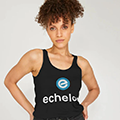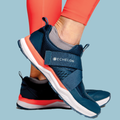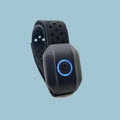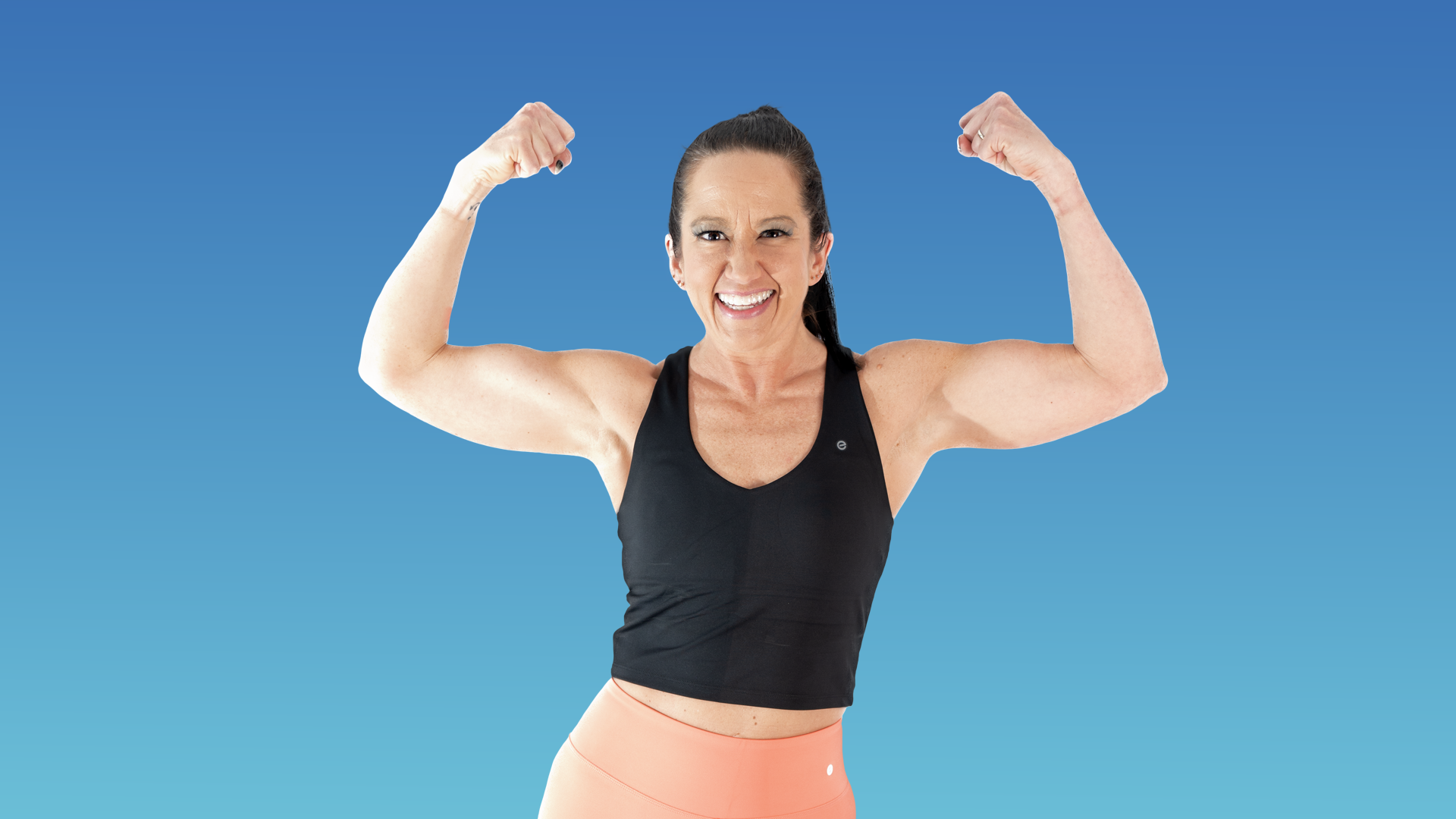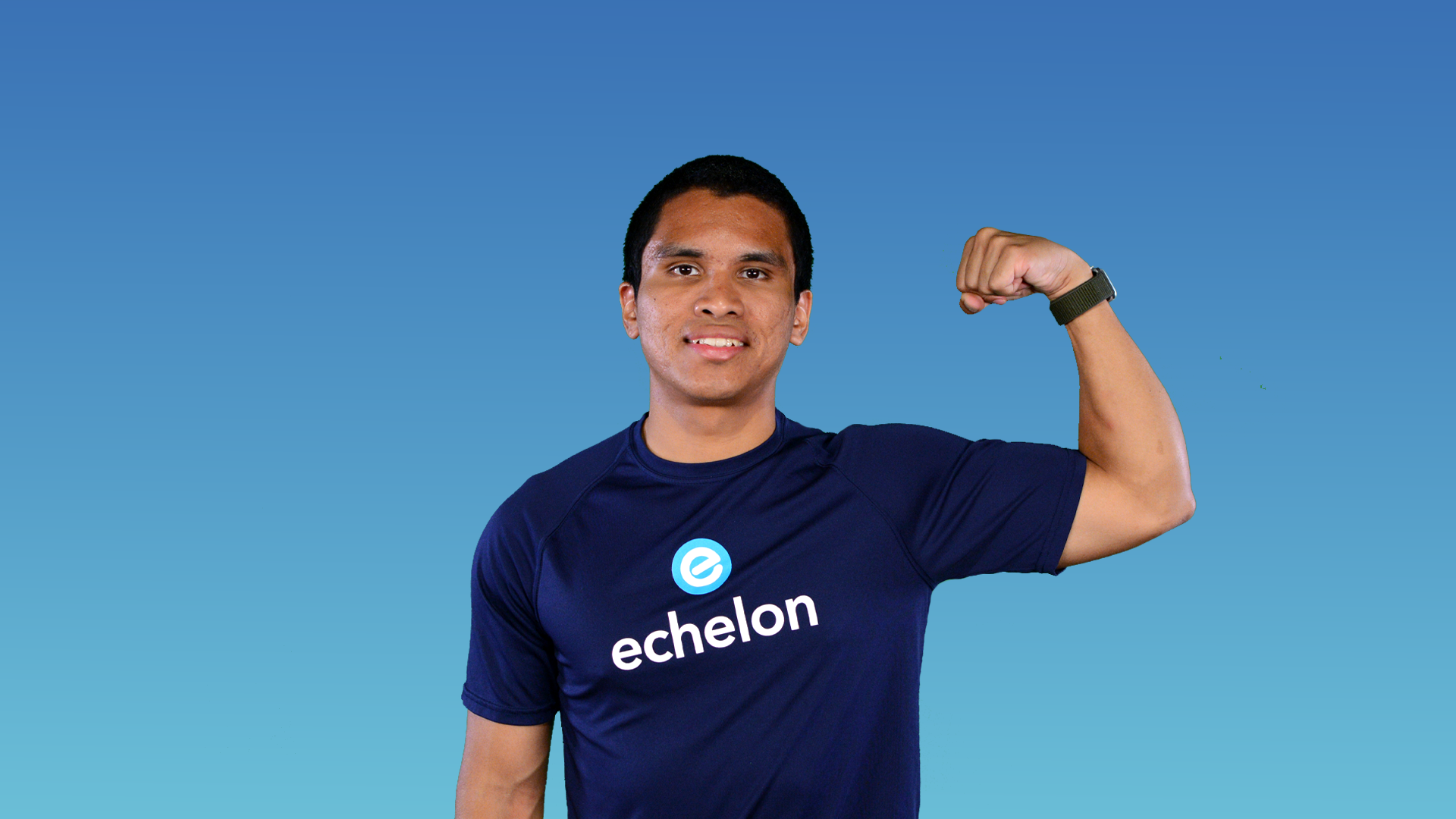It starts with Echelon | Delivery in 5-7 days (Mainland UK)
-
New Year Deals
-
Equipment
-
Membership
-
Merchandise
-
Book A Live Consultation
-
30-Day Home Trial
-
Why Choose Us?
-
Your Safety Matters
-
News
-
Gift Vouchers
-
Echelon Commercial
-
Member Login
-
Store Login
Connect Rowers
Strength Training
Smart Fitness Mirror
Stair Climber
It starts with Echelon | Delivery in 5-7 days (Mainland UK)

UK
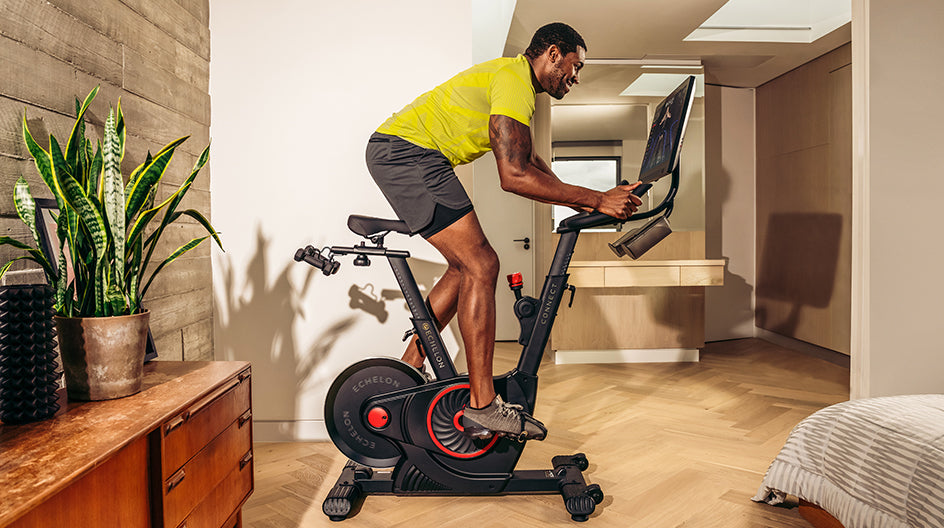
Smart Bikes
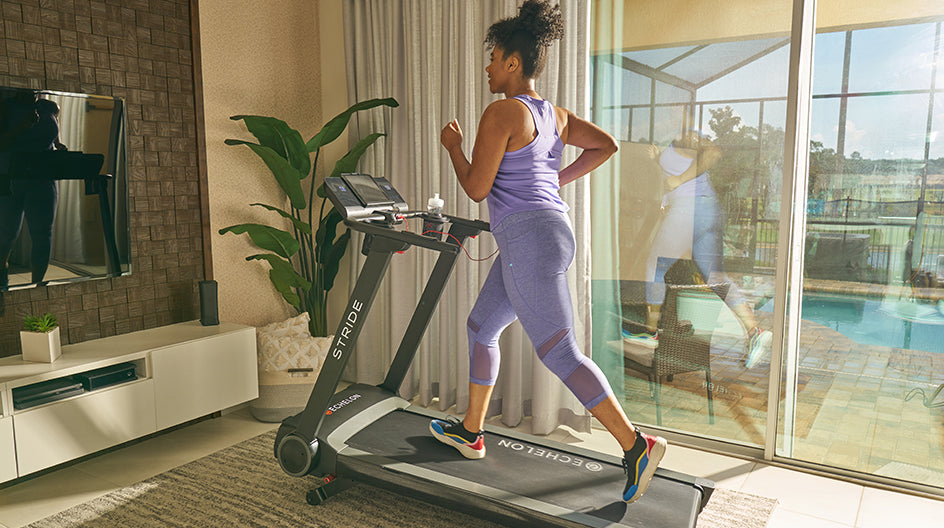
Smart Treadmills
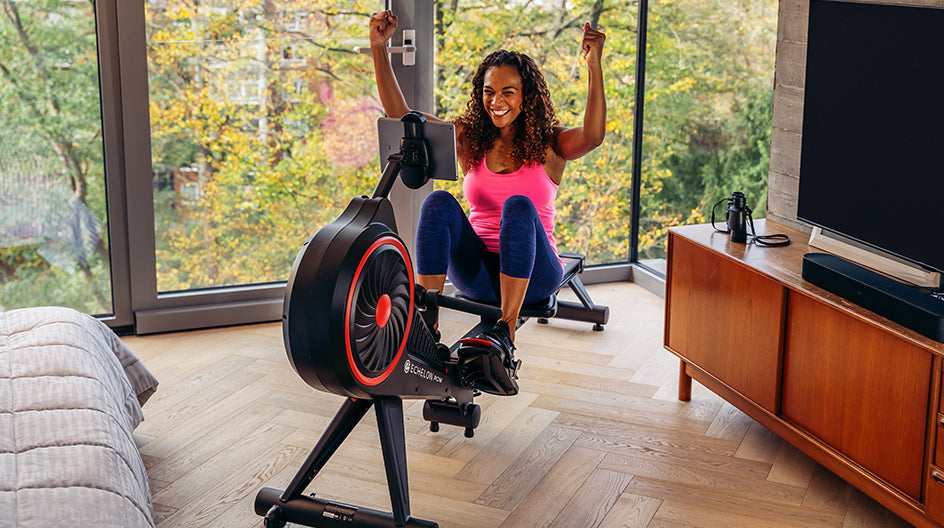
Smart Rowers

Stair Climber

Smart Fitness Mirror

Strength Home
NEW!

Exercise Bench
NEW!

Adjustable Dumbbells
NEW!
SMART HOME ROWERS
Why choose Echelon?STAIR CLIMBER
Why Choose Echelon?REFLECT FITNESS MIRROR
Why Choose Echelon?The Best Supplements For Runners
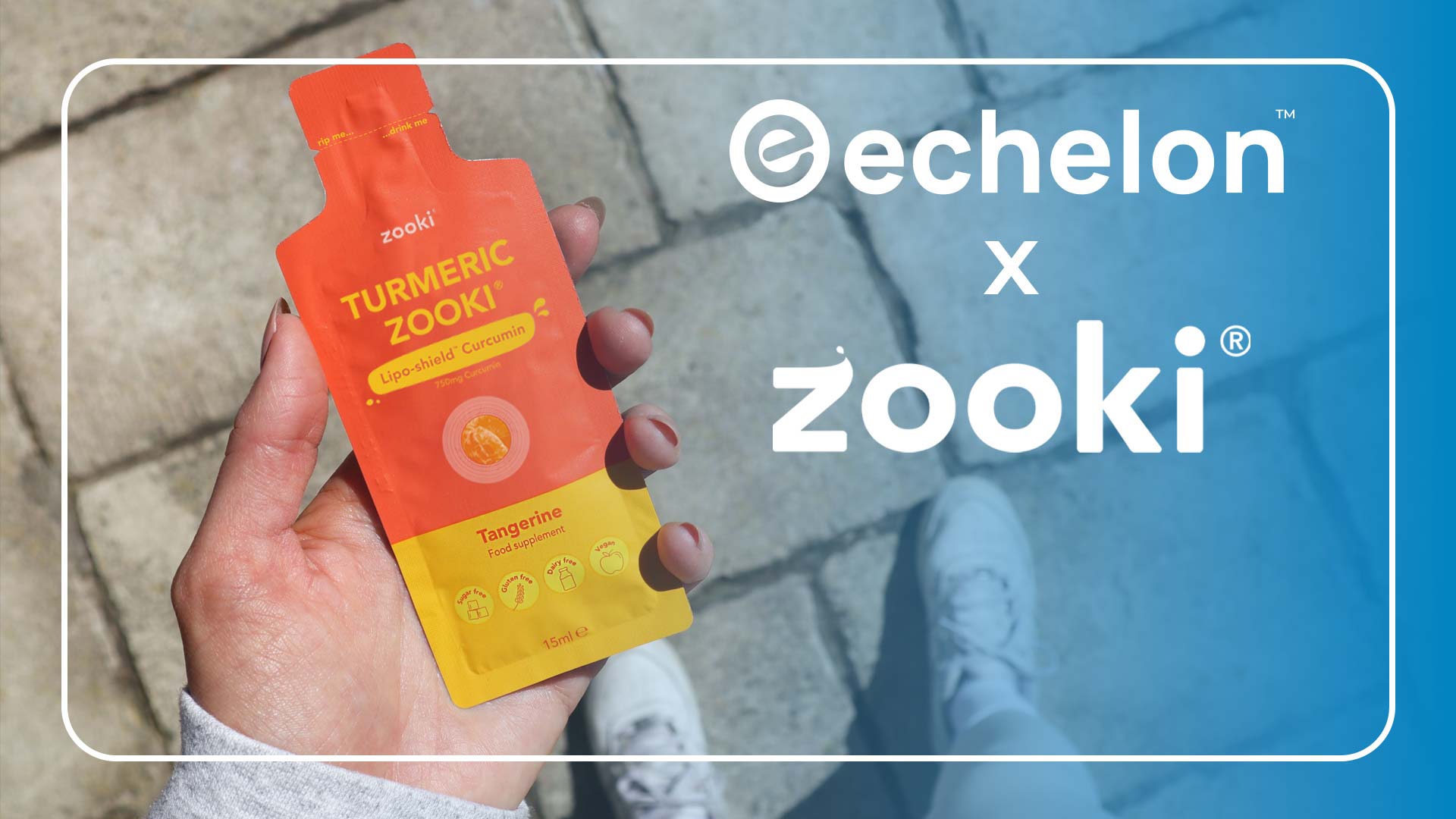
3 min read
Exercise and nutrition go hand-in-hand, which is why we recently partnered with the multi-award winning Zooki. Zooki provides a modern day solution to supporting your health & wellbeing. They take nutrients with proven health benefits, combine them with natural lipids and then infuse them with real fruit extracts. The result? High strength, highly absorbable nutrients that taste delicious!
We interviewed Zooki’s nutrition expert, Sarah Carolides, to find out how supplements can support your exercise routine, and which are the best supplements for runners to take.
How can vitamin supplements support running training?
Exercise supplements support runners for two reasons - they help prevent or correct any deficiencies and can support the increased stress that training puts on their bodies.
Runners use up more of certain macro and micro-nutrients when they train consistently. Ideally we’d get everything we need from foods but key requirements for runners include adequate energy and protein intake to support bone and muscle mass, and to optimise recovery after exercise.
Aside from protein, the best exercise supplements I recommend for runners include vitamin D, turmeric, omega 3, probiotics, collagen, B vitamins, magnesium, iron and a good multi. Finally, nucleotides are a fairly new area of research that are showing some good results for stress or sports performance and recovery.
Vitamin D
Vitamin D is key for muscle maintenance, as well as being an NHS-recommended supplement during the winter months to regulate the immune system.
Turmeric
Turmeric can aid recovery and reduce DOMS (delayed onset muscle soreness) by optimising antioxidant and anti-inflammatory pathways.
Omega 3
An essential fatty acid found in oily fish, omega 3 reduces inflammation by dampening down inflammatory reactions and reducing pro-inflammatory cytokines and eicosanoids. It’s most commonly used for supporting the joints and bones, as well as brain and heart health.
Probiotics
Running can put a lot of physical stress on the body, which can take its toll on the gut.
Probiotics will restore balance to the gut microbiome while collagen works on the gut lining.
Collagen
Collagen is popular amongst runners for its effect on muscle growth, digestive health and support in exercise recovery.
When is the best time to take supplements around exercise?
This depends on the supplement. Some don’t matter time wise, as they build up and have a consistent effect on the body. I’m thinking about vitamin D, omega 3, probiotics and iron for skeletal health, immunity and mental wellness.
Turmeric within 2 hours before or after exercise has been shown to attenuate DOMS and promote muscle recovery. You need a professional grade, highly absorbable one, like Turmeric Zooki, to achieve best results.
Probiotics are best taken on an empty stomach, before food or in the evening.
Should my frequency of taking supplements increase as my exercise levels increase?
I would increase the intake of post exercise supplements which actively enhance recovery, certainly. The other daily supplements shouldn’t need to increase. However, more exercise can lead to other issues such as gut problems or decreased immunity, so you may need to work on those as well. Finally, as training increases you need to make sure you are keeping up with your macro requirements first. Underfueling is a common mistake we see a lot in practice.
Save £200 on the Echelon Stride, plus get your first 30 days Premier Membership free!
The Echelon Stride is the perfect treadmill for both beginners and seasoned runners. With an auto-fold design, 12 speeds, 10% incline range, and impact-absorbing running deck, the Stride allows for the most efficient, heart-pumping workouts.

Why Echelon is Different
See why we are the most affordable and best value at home fitness on the market.
Related Posts
Your Cart
There is currently no items in the cart.
See our best deals



